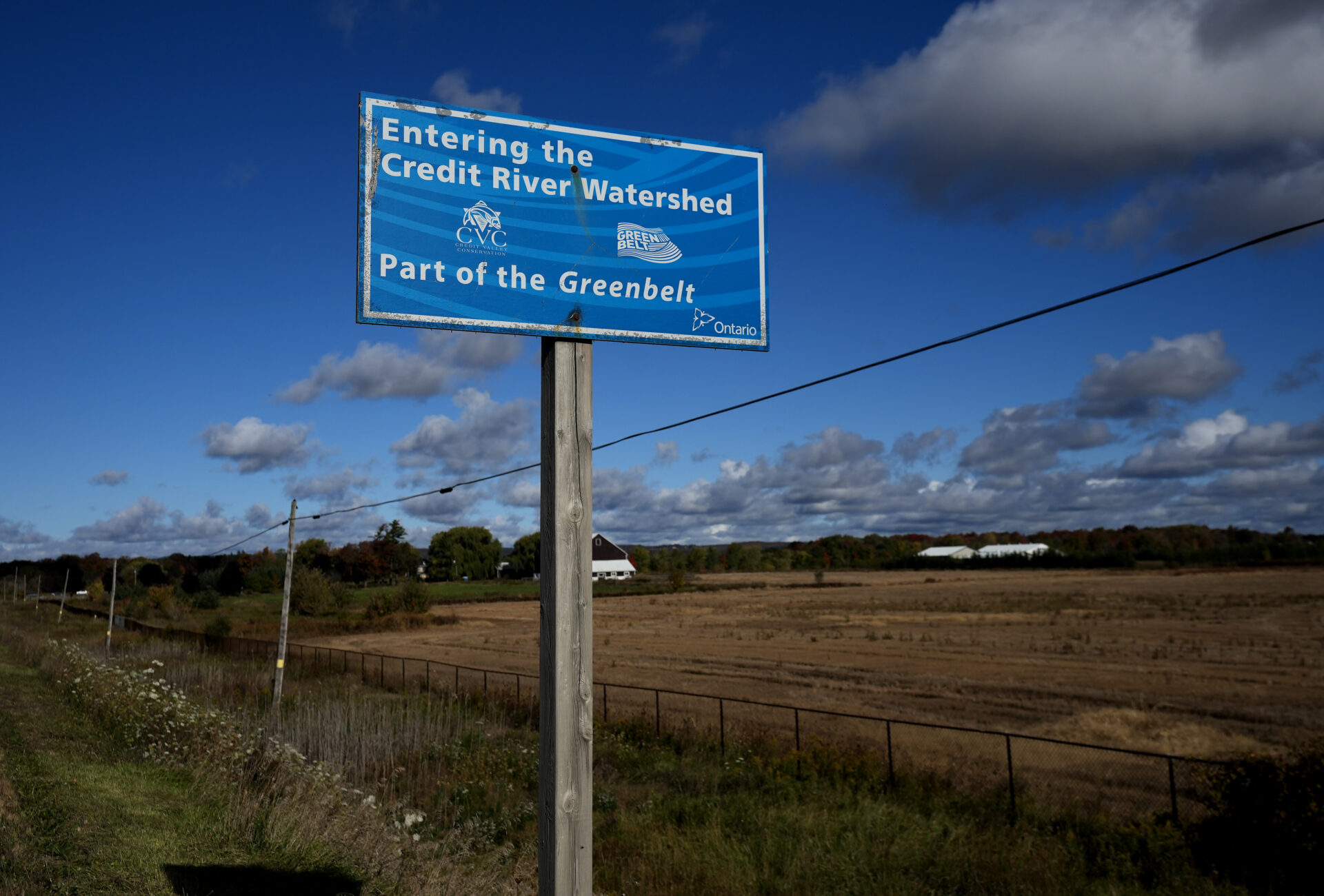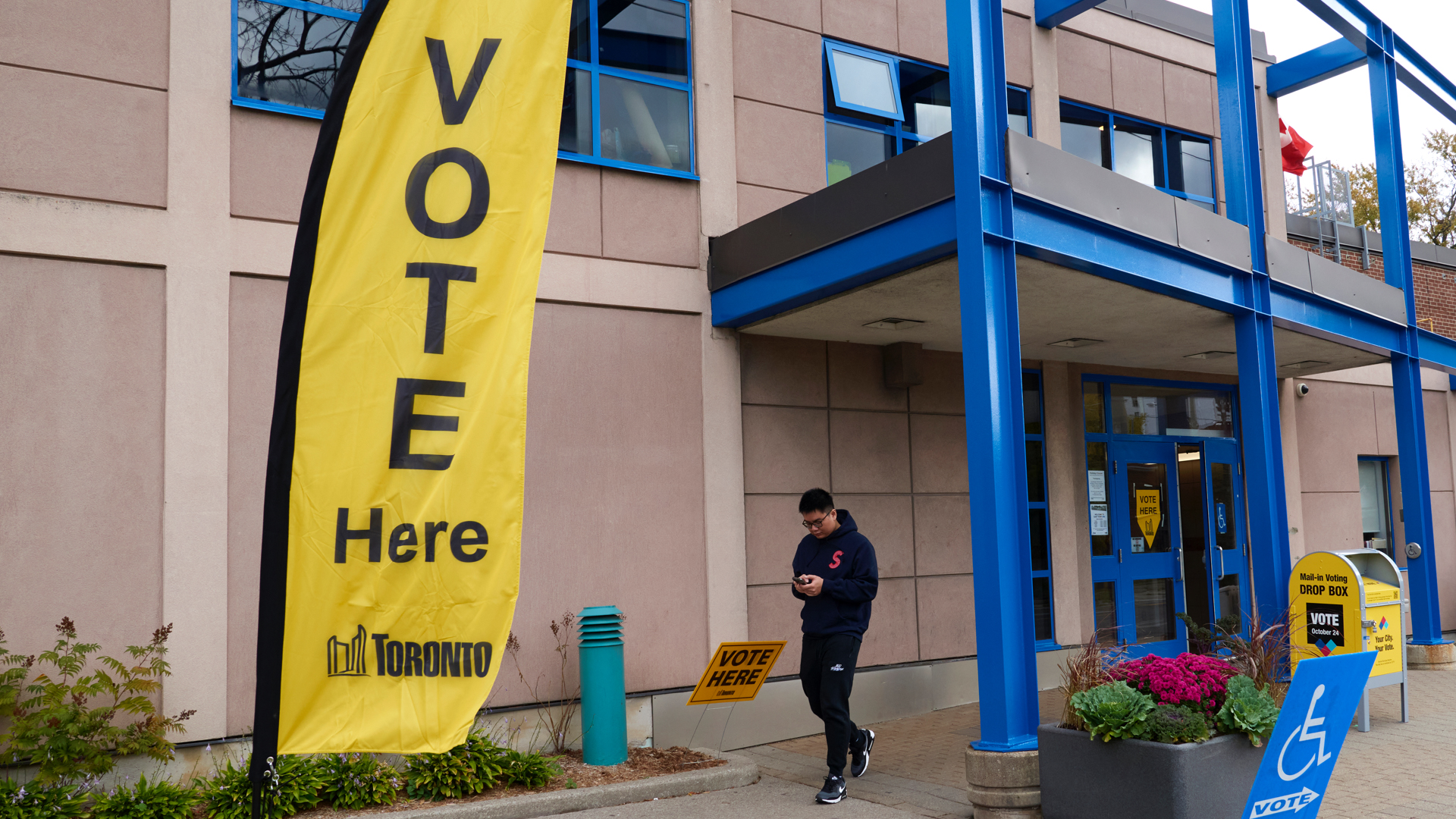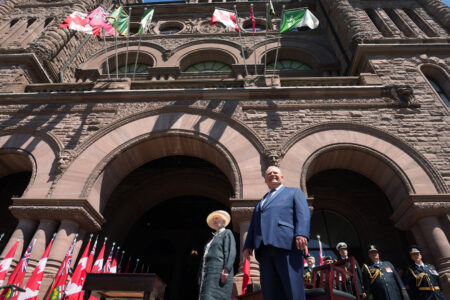
Cities across Ontario are facing unprecedented housing, transit, and infrastructure challenges at a time when turnout for municipal elections is abysmal – hovering at an average of 36 per cent in the last election cycle.
At the same time, the policies ensuring the integrity of these elections needs updating to keep up with the changing landscape of local election campaign strategies.
The process by which city officials are elected matters to how cities are governed and ultimately how the interests of citizens are served.
Safeguarding local elections from the undue influence of corporations or well-financed interests while ensuring all voices can be heard is the challenge of both city administrators, who run elections on top of their day-to-day duties, and the provincial government that legislates this process through the Municipal Elections Act.
This presents a two-sided challenge. On one hand, legislation governing municipal elections must be practical to implement on a leaner budget than provincial elections while still being flexible and applicable in each of the province’s municipalities regardless of size, location or other differences.
But, flexibility cannot be achieved at the expense of consistency or transparency. Local elections, like any elections, face risks such as fraud, the misapplication of campaign finances, and a lack of transparency.
To reconcile these needs and support public trust in the process, Ontario should consider three areas ahead of the 2026 municipal elections:
1) Revising and updating the compliance audit process;
2) Strengthening the enforcement of campaign laws;
3) Enhancing third-party campaign spending laws.
A uniform auditing process
Compliance audits are a way for citizens to raise concerns about candidates or third parties who may have violated campaign finance rules.
A city-appointed compliance audit committee receives requests to determine if an audit is warranted. The audit itself is conducted by an independent auditor, but the committee of citizens has a say over who gets investigated.
This process is decentralized and varies widely by municipality. The legislation that sets out the rules leads to confusion about who can submit an application and how the committee should respond.
The legislation also includes a “good faith” exception that empowers the committee to waive penalties for candidates who have been found in violation of the act (perhaps unintentionally).
All of this leads to an uneven application of the law across municipalities and cumbersome process wherein the decisions of compliance audit committees are subject to a potential review by and appeal through the courts.
In practice, this has meant that citizens and candidates may wait years to receive a response to their audit request.
Offering clearer and more consistent processes is crucial for maintaining the integrity of the electoral process. This could be achieved by:
1) The creation of a repository of compliance audit cases for municipalities to reference;
2) Clarity over the role and power of compliance audit committees;
3) Requirements to provide a written rationale for decisions;
4) Enhanced authority for compliance audit committees to impose modest penalties.
Strengthening enforcement capabilities
A second challenge is in the scope of authority of municipal election officials.
Contrary to common belief, local administrators have limited enforcement power when it comes to campaign regulations, especially concerning compliance with election laws. Furthermore, they have fewer resources than provincial or federal election administrators to conduct and monitor elections. While Ontarians routinely express the importance of municipal government in their daily lives, cities often lack the budgetary and human resources to meet the desired level of service provision.
Despite the best efforts of local election administrators, the self-regulating system for campaign finance laws creates a situation where elections are at risk of not being transparent and fair. While municipal administrators may not have sufficient budgetary or personnel resources at present to take on even more obligations, the province could expand the capacity of compliance audit committees, working in tandem with city administrators, to better enforce campaign finance rules.
Alternatively, authority over certain matters related to campaign finances could reside with the province, such as Elections Ontario’s compliance division, the provincial ombudsman, or an independent election finance review body. This entity could serve as an arbiter for cases where there is suspicion that election laws have been violated, standardizing the process.
Enhancing third party legislation
Our third recommendation addresses the regulation of third parties – individuals, corporations, or unions not running for office but who may influence election campaigns and shape public opinion on policies and candidates through political advertising.
Consider the alleged connection between home builders and political actors in the last provincial election that may have influenced the political advertising space during the campaign, and, in turn, been rewarded with lucrative building contracts in Ontario’s Greenbelt.
The decision to grant building contracts on Greenbelt land was eventually reversed, but it reflects the need for the act to protect fairness, ensure a level playing field, and prevent the undue influence of money in local elections.

Changes to the legislation in 2016 attempted to regulate third-party involvement, but there is room to go further. In line with past recommendations made by the Association of Municipal Managers, Clerks and Treasurers of Ontario (AMCTO), we suggest aligning requirements for municipal third-party activity with provincial requirements where campaign spending activities trigger automatic audits at a certain threshold.
This strikes a balance that ensures third-party voices can participate without exploiting the grey areas of campaign finance laws.
Additionally, creating a searchable and public-facing repository of registered third parties would enhance transparency and shed light on their involvement and impact in local elections. This, too, would mirror the systems at the provincial and federal levels.
While limited resources and sometimes arcane legislative parameters lead to inconsistent application of laws between municipalities, some progress has been made. The province has released increased guidance, including training materials and information sessions, for municipal election administrators.
Reporting and transparency facilitated by associations such as the Association of Municipalities Ontario along with increased advocacy and training offered by associations like AMCTO have provided crucial support to city administrators who are called upon to run elections every four years.
This progress needs to continue to ensure local elections in Ontario are run consistently, fairly, and transparently. This does not mean a one-size-fits-all solution given the variation in the size and needs of municipalities. Rather by enacting mechanisms that enhance the integrity of local elections, the province can give cities the tools to uphold electoral integrity and address voter disengagement.










